World Championships Glasgow 2015Oct 3, 2015 by FloGymnastics Admin
Road To Rio: Individually...Perhaps Worlds Is Not So Huge
Road To Rio: Individually...Perhaps Worlds Is Not So Huge
Great emphasis is placed on being named to the World Championships team the year before the Olympics, and rightfully so, as history proves the enormous imp
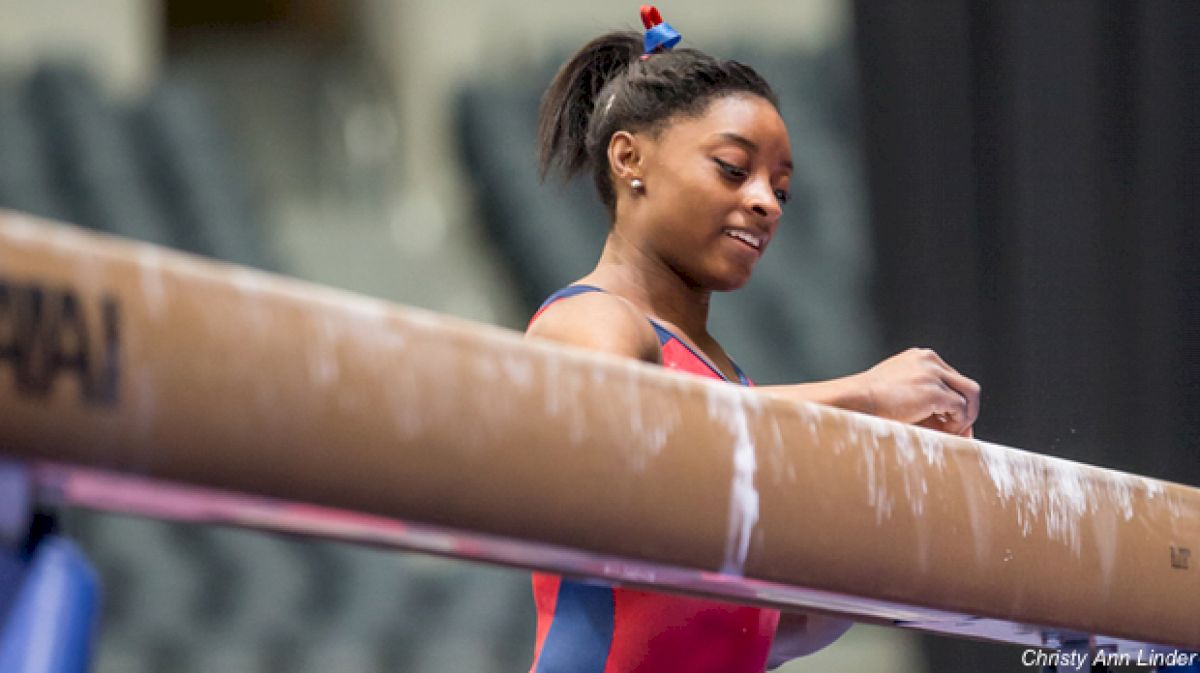
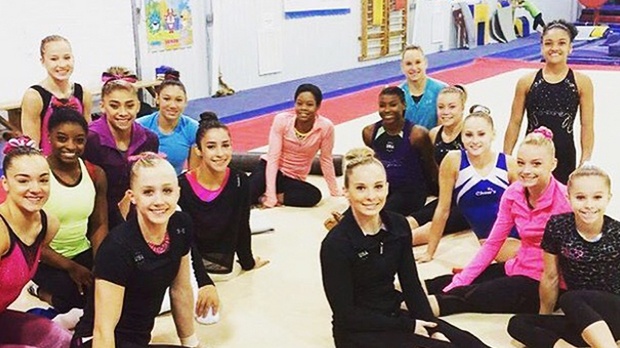
Great emphasis is placed on being named to the World Championships team the year before the Olympics, and rightfully so, as history proves the enormous impact it has on who makes the next year’s Olympic team (See: Why Worlds Is Huge). However, not everything aboout Worlds predicts Olympic triumph. What about individual performances? History shows that ultimate Worlds success does not always pave the way to an Olympic crown.
The interesting pattern is often known around the gymnastics community as the “Worlds curse.” But really, it’s not about some strange “curse” that plagues the World’s best gymnasts, but rather an interesting series of unfortunate Olympic moments in a very unpredictable sport. It’s a notable trend reflecting that 1. Anything can happen on any given day, and 2. A gymnast’s peak generally lasts a very short period of time.
In the U.S., it started with Kim Zmeskal in 1991 when she became the very first American to win an all-around title at the World Championships. After that incredible breakthrough, she went into the 1992 Olympics in Barcelona as the favorite to win, but had several mistakes in her floor routine that left her with a 10th place finish. Despite walking away without an Olympic medal, Zmeskal's incredible success as a member of Team USA is truly phenomenal.
Most recently, in the last two quadrenniums, Shawn Johnson and Jordyn Wieber have been the prey of this peculiar pattern.
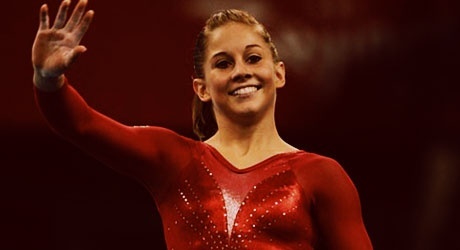
In 2007, Johnson took every all-around title of the year—including the World Championship crown by more than a full point. In 2008, she won the Visa Championships by exactly one point over Nastia Liukin, and went on to qualify in first at the Olympic Trials. Although she faced impressive competition, she was surely the favorite to win gold in Beijing. While Johnson had a successful Olympics performance by any standard, she was ultimately outperformed by Liukin and took the silver medal. Despite the all-around disappointment, Johnson still reached incredible levels of achievement at the Olympic Games, and earned gold in the beam final.
In the next quadrennium, although Johnson and Liukin both attempted comebacks, they were not able to hold up against the incredible young talent. Wieber became the golden girl of Team USA going into London. In 2011, Wieber won the all-around titles at the American Cup, U.S. National Championships, and the World Championships in Tokyo. In 2012, she continued her reign by winning the Pacific Rim Championships, American Cup, and the National Championship.
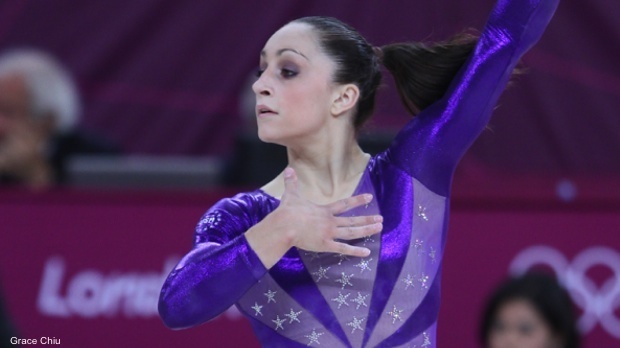
Although teammate Gabby Douglas qualified in first at the Olympic Trials, Wieber was undeniably the favorite for the all-around crown after sweeping so many competitions in the year leading up to London. In the qualification for the all-around final, Wieber missed the cut by just two tenths of a point, while her teammates Douglas and Aly Raisman clinched the top two spots. This moment brought great debate to the two per country rule (saying that only two all-around performers can from each country can qualify to the final), and Jordyn was forced to fight back tears as she sat on the sidelines watching her teammates compete for Olympic glory. But Wieber was still able to lead Team USA to gold, which she said in a recent interview was one of her very favorite moments of her entire career.
Additionally, there are several other instance of all-around World Champions missing gold at the following Olympics from other countries:
Nellie Kim of the USSR won Worlds in 1979, but took fifth at the 1980 Olympics.
Natalie Yurchenko of the USSR won Worlds in 1983, but was unable to compete in the 1984 Olympics in Los Angeles due to the USSR boycott.
Auriela Dobre of Romania took the Worlds title in 1987, but after enduring a knee injury/surgery, she wasn’t able to perform at the same level, and took sixth in the all-around at the 1988 Olympics.
Maria Olaru of Romania took all-around gold at Worlds in 1999, but left the 2000 Sydney Olympics with bronze.
Svetland Khorkina of Russia had won three World Championships before the 2004 Olympics, including the World title in 2003. But in the all-around final in Athens, Carly Patterson outshined the Russian veteran and took the gold.
Clearly, there has been everything from strange fluke occurrences or injuries that hindered the athletes, to simply not having their very best day. But the seemingly impossible was accomplised by Ukraine’s Lilia Podkopayeva. She won the 1995 World all-around crown in Sabae, Japan and then took the 1996 Olympic all-around title in Atlanta, Georgia.
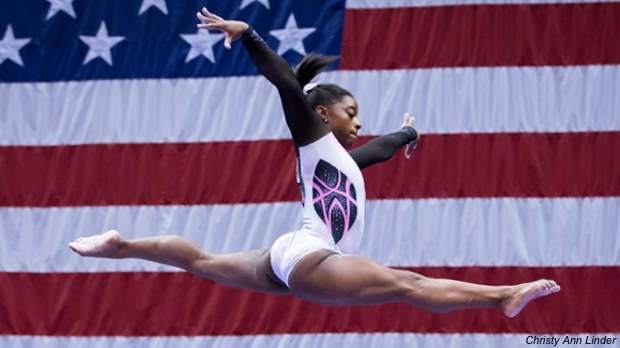
So…that brings us to Simone Biles—the seemingly superhuman, all-around champion of the World for the last two years. She hasn’t lost an all-around competition since before the 2013 P&G Championships, which of course, includes two World titles. She has broken into an entirely new level of gymnastics difficulty, and not only that, but she performs her skills with total ease. There is no doubt the World is expecting her to come out with a gold in Glasgow, and by doing so, change the pattern that has plagued so many past World Champions. After all, Biles has done everything to prove she is ready to dominate the World stage.
Related:
Olympic Team Forecast: Why Worlds Is Huge
USA Nominative Roster For 2015 Worlds
Related Content
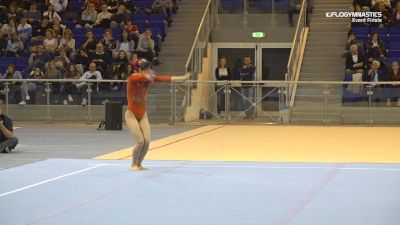 Replay: Ayumi Niiyama - Floor, Japan - 2019 City of Jesolo Trophy
Replay: Ayumi Niiyama - Floor, Japan - 2019 City of Jesolo TrophyJun 26, 2023
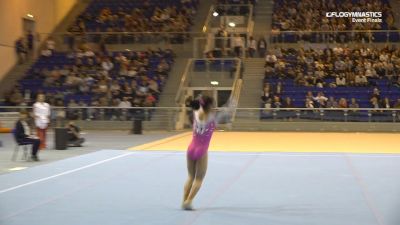 Replay: Zhang Jin - Floor, China - 2019 City of Jesolo Trophy
Replay: Zhang Jin - Floor, China - 2019 City of Jesolo TrophyJun 26, 2023
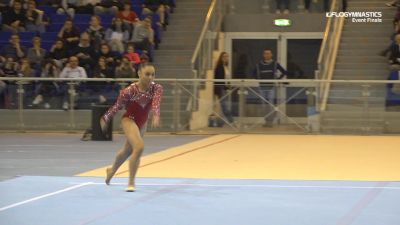 Replay: Emma Malabuyo - Floor, USA - 2019 City of Jesolo Trophy
Replay: Emma Malabuyo - Floor, USA - 2019 City of Jesolo TrophyJun 26, 2023
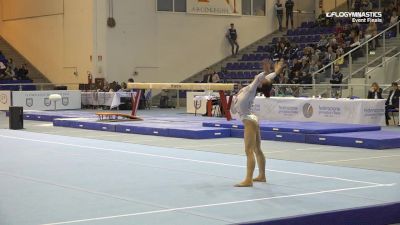 Replay: Qi Qi - Floor, China - 2019 City of Jesolo Trophy
Replay: Qi Qi - Floor, China - 2019 City of Jesolo TrophyJun 26, 2023
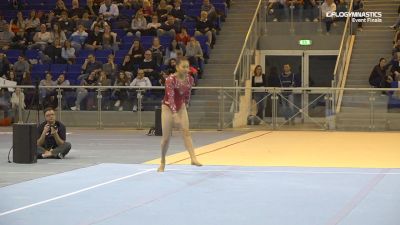 Replay: Sunisa Lee - Floor, USA - 2019 City of Jesolo Trophy
Replay: Sunisa Lee - Floor, USA - 2019 City of Jesolo TrophyJun 26, 2023
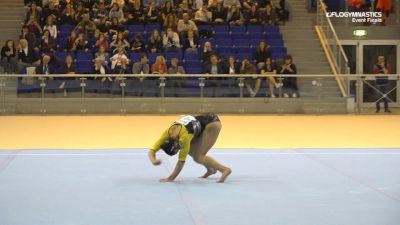 Replay: Desiree Carofiglio - Floor, Italy - 2019 City of Jesolo Trophy
Replay: Desiree Carofiglio - Floor, Italy - 2019 City of Jesolo TrophyJun 26, 2023
 Replay: Lander vs Mars Hill | Mar 28 @ 6 PM
Replay: Lander vs Mars Hill | Mar 28 @ 6 PMMar 29, 2024
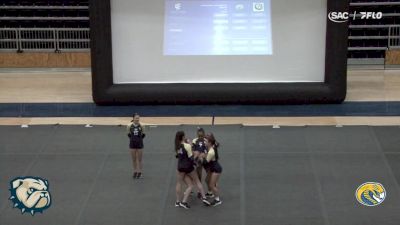 Replay: Coker vs Wingate | Mar 21 @ 6 PM
Replay: Coker vs Wingate | Mar 21 @ 6 PMMar 22, 2024
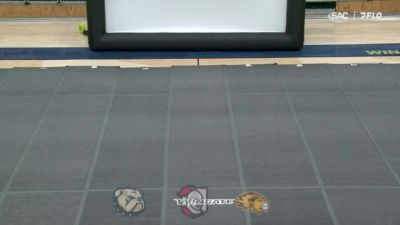 Replay: Wingate Tri-Meet - Acrobatics & Tumbling | Mar 15 @ 5 PM
Replay: Wingate Tri-Meet - Acrobatics & Tumbling | Mar 15 @ 5 PMMar 15, 2024